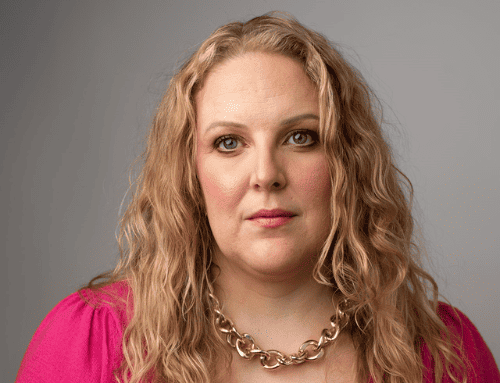
Post Oscar Pistorius, Bill Cosby, Jian Ghomeshi, Ray Rice, Semyon Varlamov, Brandon Underwood, Massimo Pacetti, Scott Andrews. What do all these men have in common apart from their power, their influence or their celebrity status? They are all accused (in a court of law or in the court of public opinion) of abusing women.
Today is the United Nations International Day for the Elimination of Violence against Women, which kicks off 16 Days of Activism against Gender-Based Violence.
This year has seen an explosion of women speaking out against abuse and public discussion about the crisis of violence against women. But in every other way, nothing much has changed.
Every night, over 6,000 women and children must still sleep in an emergency shelter because it's not safe for them at home. And every six days on average, another woman will be murdered by a current or former partner. Almost 1,200 Aboriginal women are still missing or murdered. About half of all women in Canada will be physically or sexually abused during their lifetime.
At least now we are talking about it. At least now many men who have been getting away with abuse–or worse–are finding it harder to do so. At least now, we desperately hope, the victim blaming is over.
This day of remembrance has its roots in the brutal assassination of three political activists from the Dominican Republic, the Mirabal sisters, who were killed in 1960 during the Rafael Trujillo dictatorship. But this day is not some distant international event with no bearing on the everyday lives of Canadians. This day represents a real and present danger to women and girls right here in Canada (to borrow a phrase from our friends in the armed forces, where there is, I might add, a huge upsurge in the number of women reporting sexual assault too).
I am often asked why I am a feminist. I am also challenged on whether we still really need to fight for women's rights in Canada. After all, women have the vote. Women can work outside the home. I could talk about equal pay, economic disparities, representation in political spheres, or the fact that girls as young are thirteen are being sex trafficked in Canada, but the truth is none of these reasons are why I am a feminist.
I am a feminist because it is not safe to be a women in Canada and in the world.
Over and over, I see the shock in women's faces that they have been assaulted by someone they knew, trusted, and believed in. Because most women are assaulted by someone close to them, we all live in the same unsafe realm. How can we remain safe when those most likely to abuse us are our friends, boyfriends, husbands, or co-workers?
Two-thirds of Canadians know at least one woman who has experienced physical or sexual violence. Surely together we have the power to stop the violence. I believe that we do.
The first step is to move out of denial — to admit that, yes, the problem really is this big. The second step is to provide non-judgmental support to victims. Last year, the Canadian Women's Foundation conducted a study that found about 20 per cent of women think their families, friends, doctors, or police will not believe them if they report abuse. It's even worse at work: 43 per cent of women think their Human Resource departments won't believe them.
On this day of remembrance, please take a moment to learn how you can help to end the violence.
Face the truth. Believe.
Let's make this year truly different.







